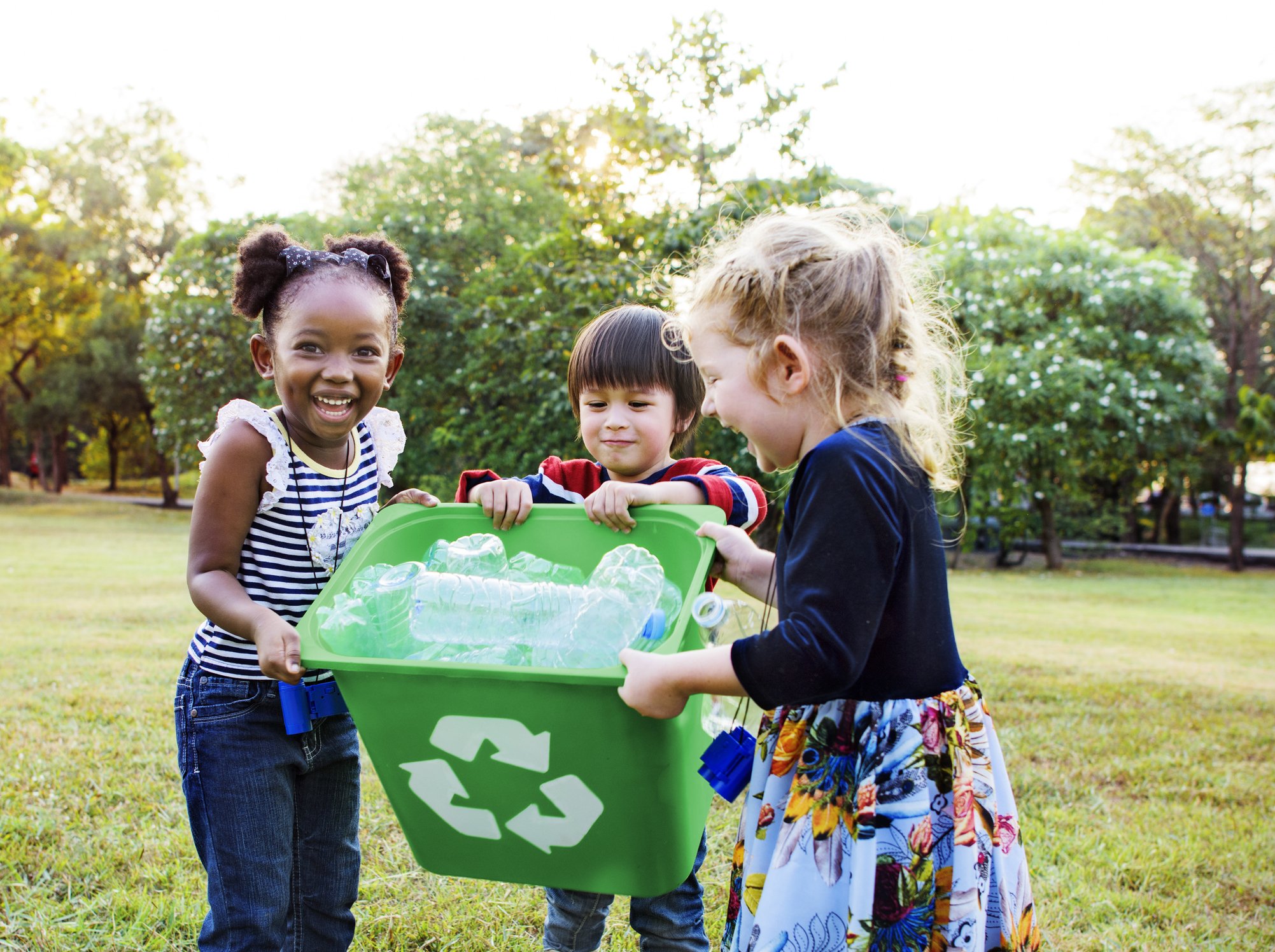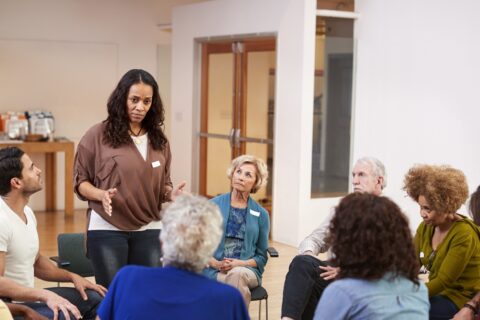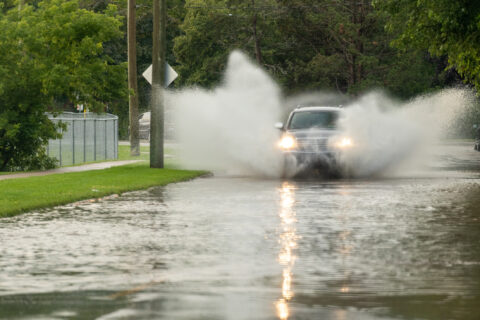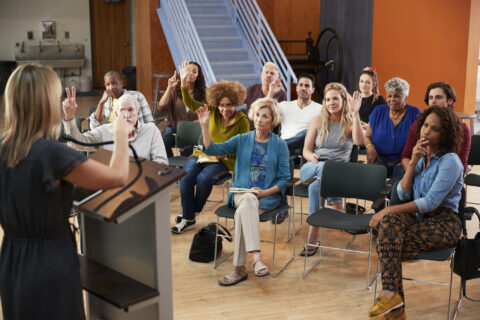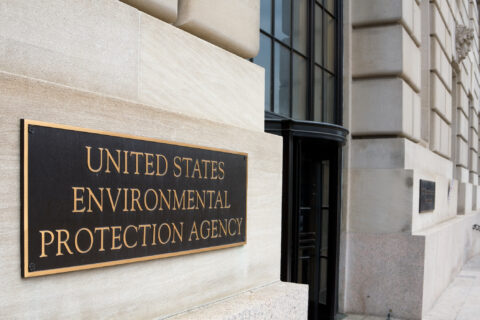Co-authored by Emma O’Reilly, NLC Federal Advocacy Sustainability Intern
Since the launch of the Recycle Right pledge in April, more than 100 cities, towns and villages across the country have taken the pledge and begun sharing their stories and experiences in building more awareness around proper recycling practices. Communities are not only explaining the reasons behind their recycling initiatives but also detailing their successes and ongoing efforts to address the “how” of proper recycling. From challenges specific to their communities to general confusion about proper recycling habits, local leaders’ dedication to improving recycling efforts highlights the collective effort needed to advance sustainable practices nationwide.
Making education a standard part of a community’s recycling program is important to increase resident satisfaction and confidence in recycling. By sharing these stories and comments, we aim to showcase the innovative strategies and impactful actions taken to enhance local recycling programs.
City of Lovejoy, GA – Shoebox Parade
The City of Lovejoy hosted an event for children called the “Shoebox Parade.” Participants were encouraged to bring one or more shoeboxes from home, along with decorations made from repurposed household items. Kids learned how to recycle their shoeboxes by decorating them and attaching wheels and pull strings. Afterward, the children proudly showcased their amazing creations, concluding with a prize ceremony.
City of Dumas, AR – “Keep Arkansas Beautiful”
Each fall, the residents of Dumas join fellow Arkansans in enhancing their communities by participating in the Great Arkansas Cleanup, an annual litter pickup and community beautification event organized by Keep Arkansas Beautiful. This initiative encourages residents to take pride in Arkansas’s scenic beauty, environmental health and overall quality of life. Under Mayor Price Boney’s leadership, Dumas has been a proactive participant in this statewide effort. “We pride ourselves in our annual participation in Keep Arkansas Beautiful,” the mayor says.
Last year, volunteers from all 75 counties in Arkansas removed over 630 tons of litter.
Town of Morrisville, NC – Radio Frequency Identification Tags
The Town of Morrisville, NC has implemented an innovative solution to enhance its recycling efforts and has achieved remarkable results. According to Kimberly Conley, the town’s Sustainability Coordinator, Morrisville boasts a recycling participation rate of around 68 percent, significantly higher than the national average. This success is largely due to the use of Radio Frequency Identification (RFID) tags.
GFL, Morrisville’s waste and recycling service provider, uses RFID tags to track and identify each recycling container. These tags provide GFL with weekly data on each container, allowing for detailed monitoring and analysis of recycling activities. The town is divided into five routes, each serviced on the same day every week, ensuring consistency and reliability in waste collection. The tags track participation rates and the total tonnage of recycled materials.
City of Gadsden, AL – Recycle Trailers & Student Education
The City of Gadsden has made significant strides in promoting recycling drop-offs through its use of over 50 cardboard recycle trailers strategically placed throughout the city. As a result, cardboard has become the number one recycled item in Gadsden. To boost participation in this project, the city designated a “Recycle Week” focused on cardboard recycling, having organized contests among elementary, middle and high school grades, with prizes awarded to the winners. Additionally, Gadsden engaged younger students by reading books about recycling to third graders and organizing a fifth-grade science activity centered around recycling.
City of Lower Burrell, PA – Transition to Recycling Carts
The City of Lower Burrell collaborated with its service provider, WM, to transition its recycling services from 18-gallon bins to 65-gallon carts. This change offers several benefits for residents and the city and has led to an average annual recycling volume increase of 37 percent. By moving to automated service with lidded carts, the city is reducing street litter and enhancing the community’s overall appearance. Additionally, using carts improve safety for both residents and service workers—these stable and maneuverable carts make it easier for residents to bring their recyclable to the curb each week while reducing the risk of driver injuries by eliminating the need for workers to frequently get in and out of the truck during collection.
City of Simi Valley, CA – WM Landfill and Recycling Center
With a WM landfill located just outside its boundaries, the City of Simi Valley takes great pride in the facility — which employs advanced procedures such as environmental protection systems engineered to meet or exceed government regulations around monitoring and reporting. Systems include engineered liners and covers, leachate collection and removal and landfill gas collection control.
A renewable natural gas plan is also being developed at this landfill to process landfill gas into pipeline-quality natural gas. WM has converted a majority of its collection fleet to run on compressed natural gas that can be harvested from landfills like Simi Valley, rather than diesel.
City of West Monroe, LA – Drop Off Facility
In 2023, the U.S. Environmental Protection Agency awarded West Monroe a Solid Waste Infrastructure for Recycling Grant to a grant to expand recycling services and the facility in the community. The city is now close to renting a larger building, with plans to add tire grinding and a commercial-grade glass grinder. Currently, a small glass grinder is used to create “glassbags” — sandbags made from recycled glass. During a recent storm, these glassbags were distributed to residents for property protection.
City of Destin, FL – Youth Council Cleanups
Mayor Bobby Wagner is proud of the Youth Council in Destin, FL, recognizing their outstanding initiative in organizing beach cleanups. This project not only helps keep Destin’s beaches clean but also educates and engages young people in environmental stewardship and community service. “It’s inspiring to see our youth take such proactive steps toward sustainability and demonstrate their commitment to protecting our natural resources,” says Mayor Wagner. To see their efforts in action, watch the video here.
City of San Diego, CA – Managing Organic Waste
California’s organic waste law was posing implementation challenges for the City of San Diego and residents. The city organized several “Green Bin 101” workshops to share best practices with, and answer questions for, residents. The city also distributed kitchen caddies to attendees. The workshops offered opportunities for neighbors to share tips for navigating some of the common troubles like smells, pests and storage. “The workshops ultimately became something beyond instruction — they were fun and inspiring opportunities to glean information about residents’ unique responses to the law. We learned just as much from hosting as the residents did from attending,” said Councilmember Raul Campillo.
These examples highlight how local leaders are improving recycling practices and promoting sustainability in their communities. While the Recycle Right Campaign — launched as part of NLC’s centennial milestone — has ended, the Recycle Right Toolkit will remain available on the NLC website.
We encourage local leaders to continue to engage residents, businesses and other stakeholders to help your community Recycle Right!
Share Your Recycle Right Success Story
If you’ve taken the Recycle Right Pledge or utilized the Recycle Right Toolkit, we want to hear your story. Share your city’s experiences and successes by completing the campaign reporting form.
